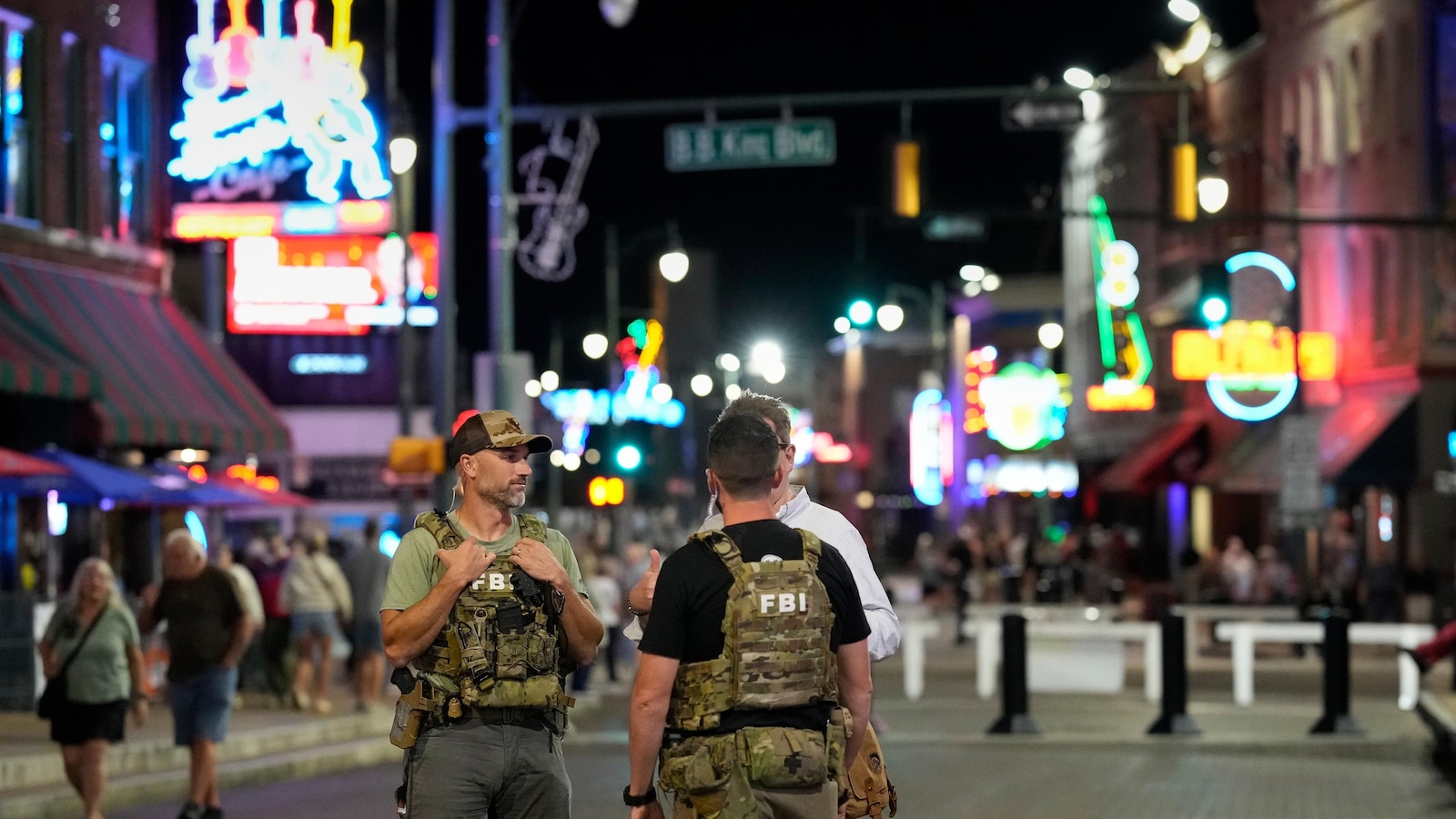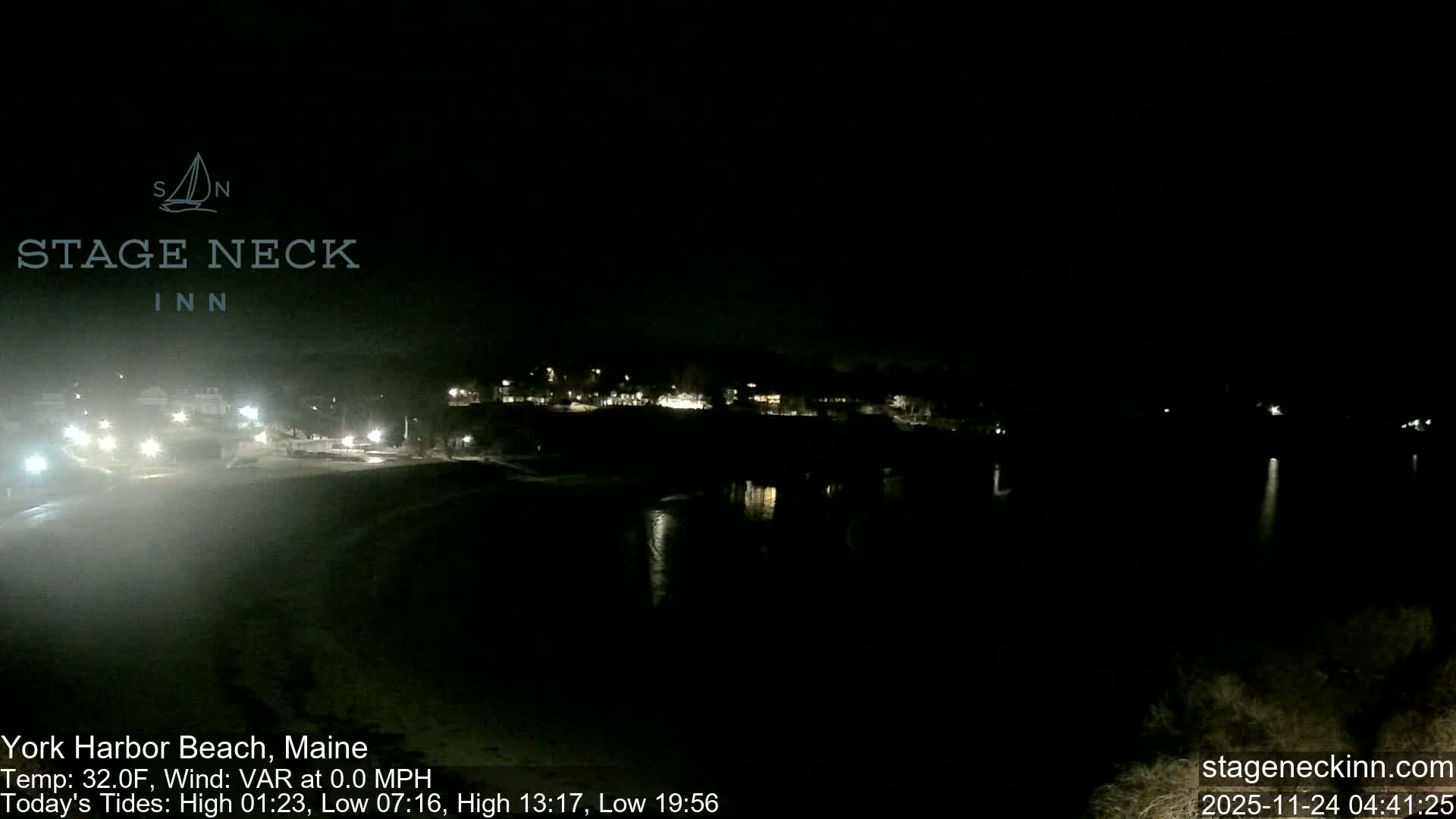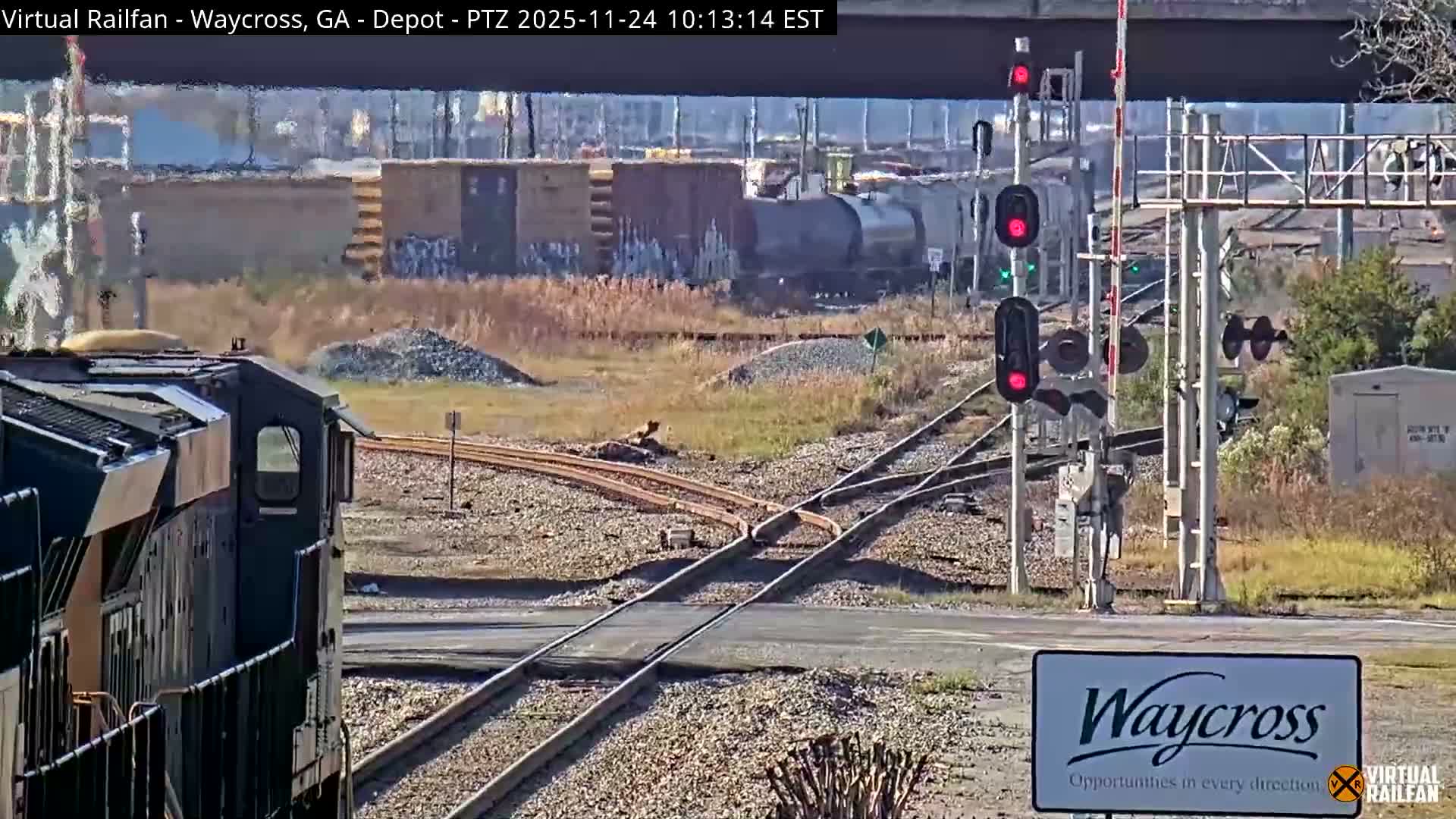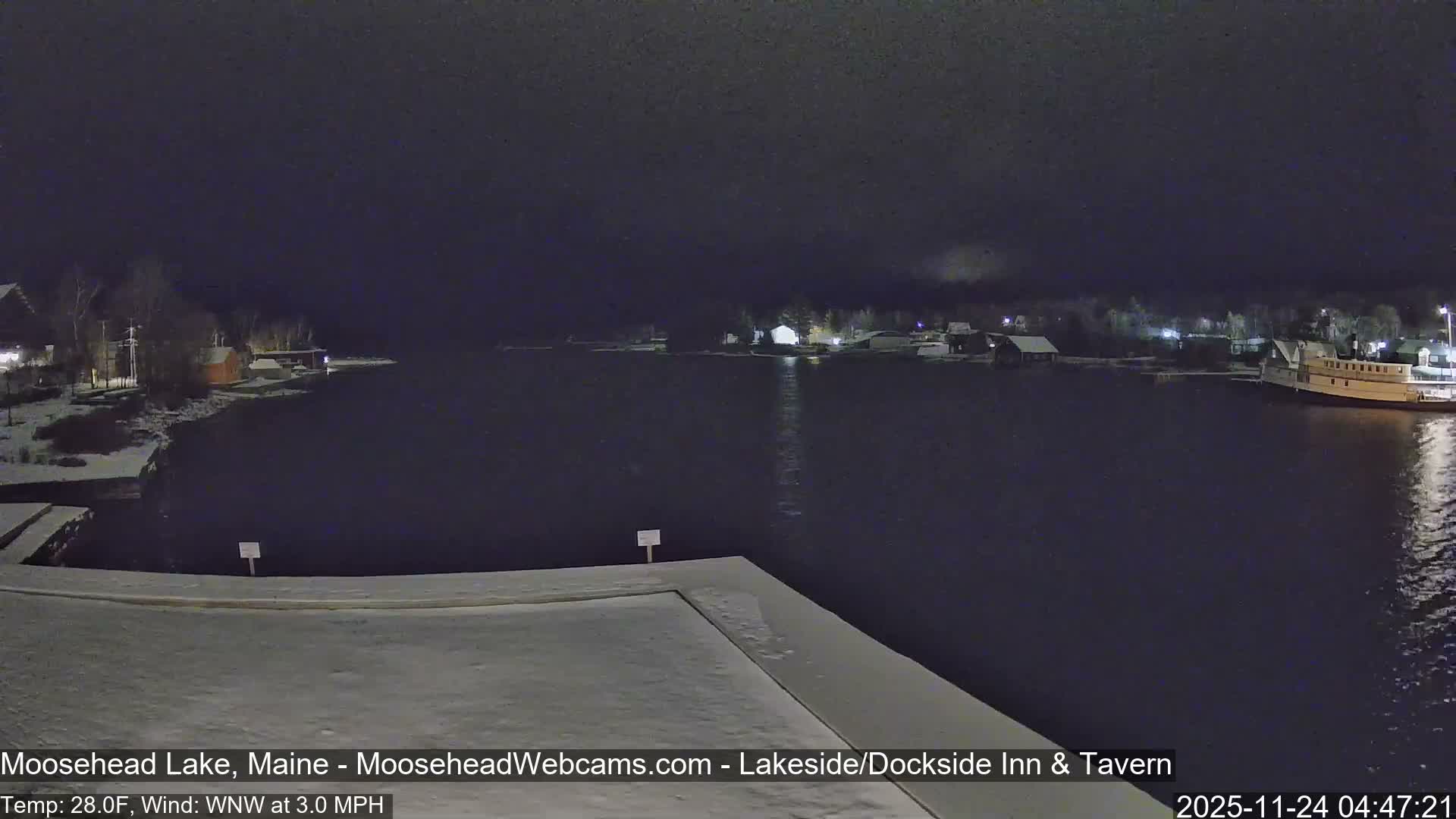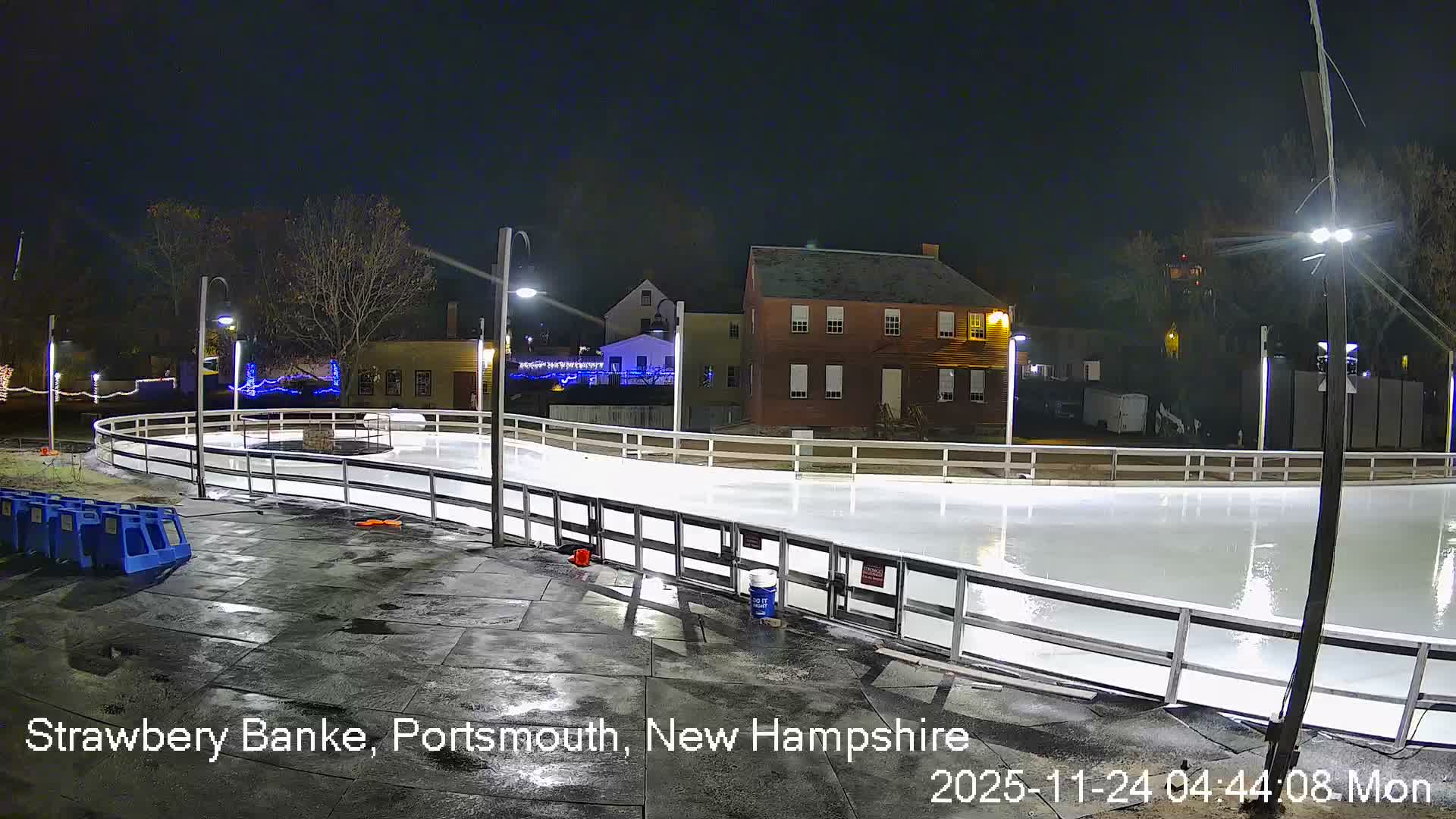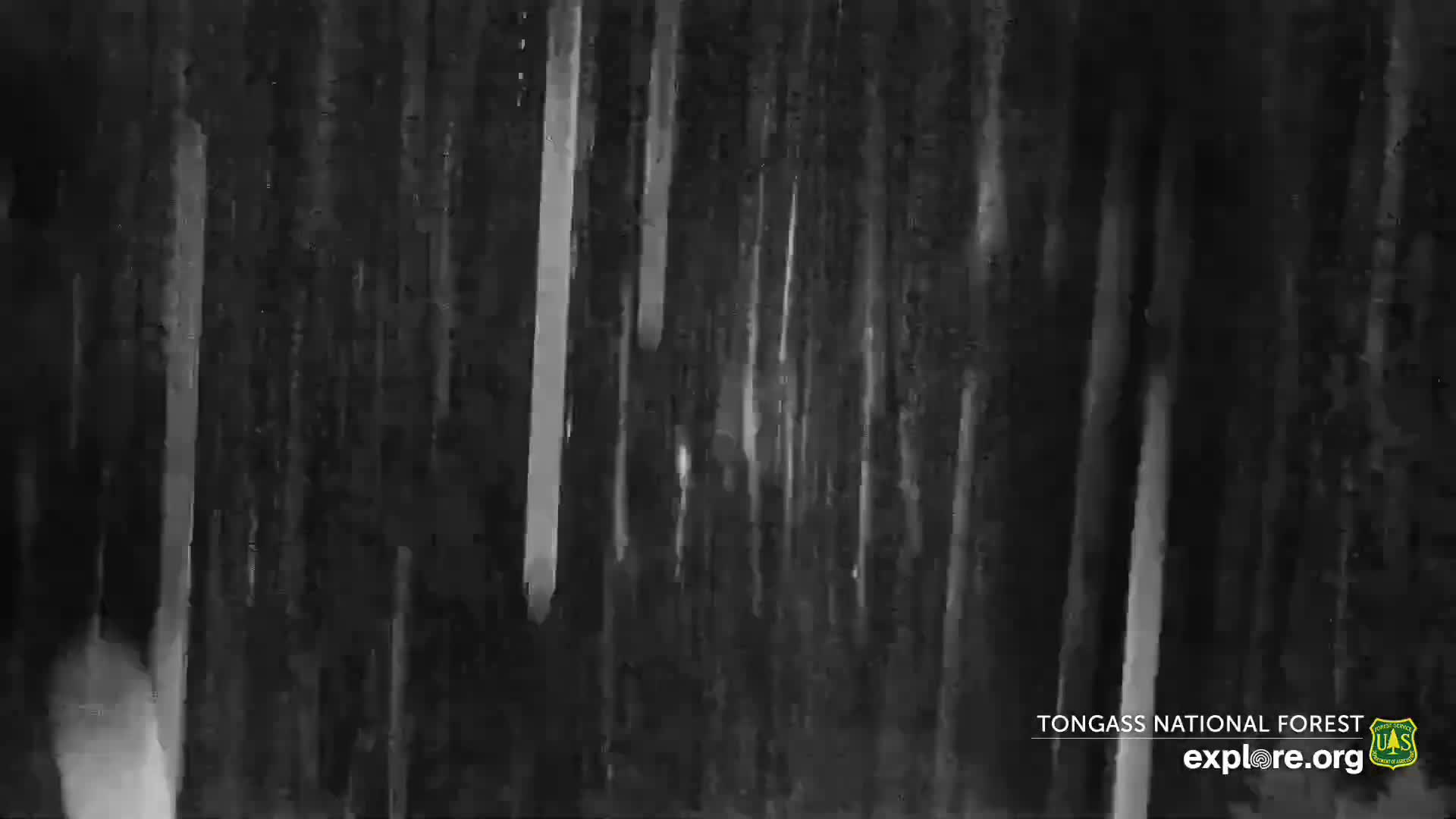Memphis Justice System Strained by Trump Task Force Arrests
Memphis, Tennessee's criminal justice system is grappling with unprecedented strain following thousands of arrests by a task force initiated by then-President Donald Trump. Established to tackle rising crime, the operations of the Memphis Safe Task Force have led to an overwhelmed local court system and an already overcrowded jail, consequences that officials fear could persist for months, even years.
Task Force Operations and Initial Impact
Since its launch in late September, the task force – a collaborative effort involving hundreds of federal, state, and local law enforcement officers, including National Guard troops – has been actively engaged in traffic stops, warrant service, and fugitive apprehension across the city of approximately 610,000 residents. Data from the task force and Memphis police indicates a significant surge: over 2,800 arrests and more than 28,000 traffic citations issued.
Context of Crime and Public Debate
This surge in law enforcement activity is supported by figures like Republican Governor Bill Lee, who anticipates a reduction in violent crime. Memphis has indeed faced a severe challenge with violence, recording nearly 300 homicides last year and close to 400 in 2023. Between 2018 and 2024, homicides increased by 33% and aggravated assaults by 41%, according to AH Datalytics. Interestingly, the same data provider noted a 20% decrease in these numbers during the first nine months of this year, even before the task force commenced operations.
However, the task force's methods have drawn criticism, particularly in majority-Black Memphis. Opponents argue that it disproportionately targets minorities and instills fear among law-abiding Latino residents, some of whom have altered daily routines, avoiding public places like churches and restaurants due to apprehension of harassment or unjust detention. Statistics from late October revealed 319 arrests on administrative warrants, often related to immigration issues.
Cascading Effects on Courts and Jail
The ramifications extend deeply into the city's infrastructure, affecting the aging criminal courthouse and its troubled jail. Officials voice concerns about lengthy delays in traffic court, causing people to miss work, and packed criminal court dockets that force inmates to endure extra days awaiting bail hearings. Josh Spickler, Executive Director of Just City, a Memphis-based criminal justice advocacy group, described the "human cost of it is astounding."
Official Responses and Financial Woes
In response to the escalating crisis, Shelby County Mayor Lee Harris, whose jurisdiction includes Memphis, has formally requested additional judges to manage a caseload projected to involve 3,500 to 5,000 new arrests. Discussions are underway regarding the implementation of night and weekend court sessions, a measure that could alleviate the backlog but would incur additional costs. Meanwhile, the Shelby County Jail, designed for 2,400 inmates, housed an average of 3,195 in September, with numbers expected to climb. This overcrowding has necessitated transferring 250 overflow detainees to other facilities, some outside Shelby County, complicating legal visits and increasing transportation expenses. Chief Jailer Kirk Fields has appealed for at least $1.5 million in emergency funds to cover increased expenses for food, clothing, and bedding, and to address a critical shortage of corrections staff. These issues fuel activist and official concerns about safety within a jail that has recorded 65 inmate deaths since 2019.
Seeking Solutions and Future Outlook
District Attorney Steve Mulroy, a Democrat, acknowledged that the task force's deployment "probably could have used more planning," noting that more foresight into the "downstream effects of the increased arrest numbers" would have been beneficial. His office is collaborating with the task force while also reevaluating the necessity of detention for individuals involved in hundreds of low-level cases, particularly when they pose no flight risk or danger and are held simply because they cannot afford bail.
While the Tennessee Supreme Court indicated that more lower court judges weren't immediately necessary, it has designated two senior judges for assistance if needed. Governor Lee's office is monitoring the situation, aiming to develop a long-term strategy. Ryan Guay, a spokesperson for the U.S. Marshals Service and the task force, asserts that the high volume of arrests demonstrates the force's effectiveness, recognizing the added demands on the justice system. To mitigate jail strain, the Federal Bureau of Prisons has made a satellite prison camp available, with oversight to be assumed by the Shelby County Sheriff’s Office.

